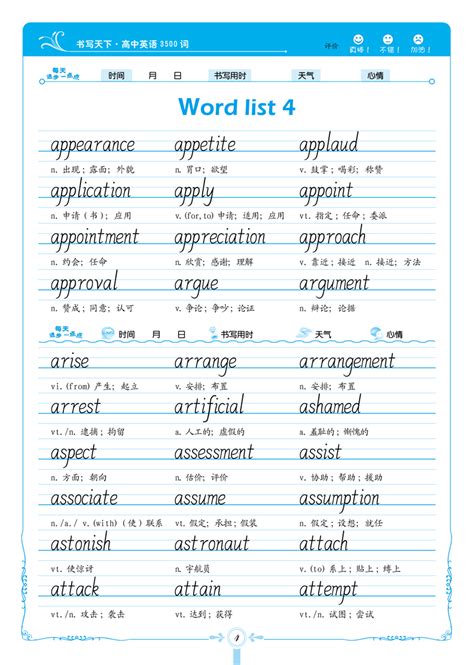Title: Unlocking the Mystery of Translation: From "香" to "Fragrance"
Translation is a delicate art that requires a deep understanding of language, culture, and context. When it comes to translating the word "香" into English, several nuances must be considered to capture its essence accurately.
In Chinese, "香" encompasses a rich array of meanings beyond its literal translation of "fragrance" or "scent." It can evoke sensations of aroma, flavor, and even spiritual significance. This complexity presents a challenge for translators seeking to convey its full depth in English.

The most common translation of "香" into English is "fragrance." However, depending on the context, alternative translations may be more appropriate. For example, in the context of traditional Chinese medicine, "香" might be translated as "aroma" to emphasize its therapeutic properties.
Translators must also consider the cultural connotations associated with "香" and choose words that resonate with Englishspeaking audiences. For instance, in the context of religious ceremonies, "香" could be translated as "incense," highlighting its role in spiritual practices.
To ensure accurate and nuanced translations of "香," translators should:
- Contextualize the meaning based on the specific use of "香" in the source text.
- Consider the cultural implications and select appropriate English equivalents.
- Engage with native speakers or subject matter experts to validate the translation.
Translating "香" requires more than just finding an English equivalent for "fragrance." It demands an understanding of its multifaceted meanings and cultural significance. By following these guidelines, translators can effectively convey the richness of "香" to Englishspeaking audiences.












评论